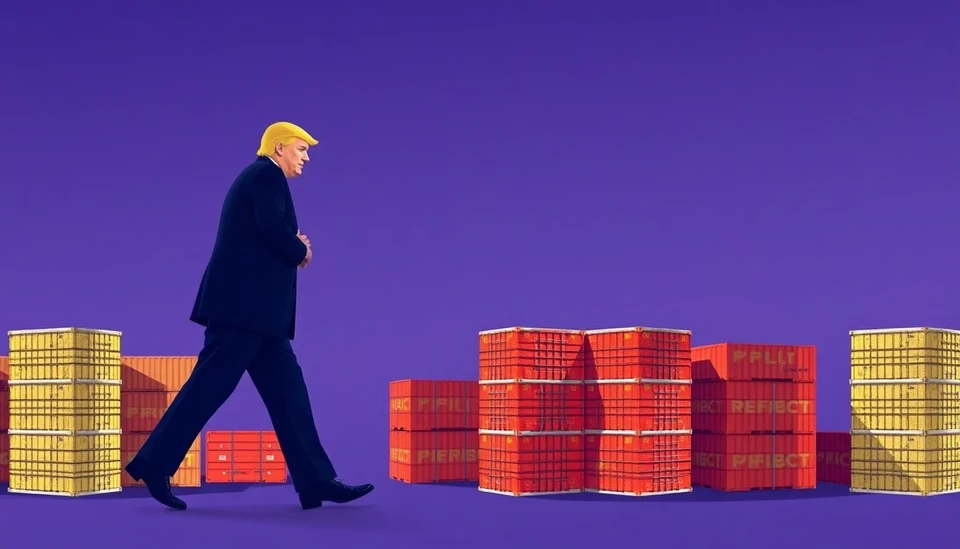
In a move that could reshape international trade dynamics, former President Donald Trump has announced a new wave of tariffs targeting multiple nations, including several key European countries. The implications of these tariffs are significant, especially for Germany, which stands as Europe's largest economy and relies heavily on exports. With impending elections and potential shifts in power, Germany's political climate is poised to react strongly to Trump's decisions.
The proposed tariffs focus on various sectors, notably the automotive and industrial goods industries, which are vital to Germany’s economy. As one of the world’s leading car manufacturers, Germany exporters could face steep duties, potentially impacting their competitive edge in the global market. Industry leaders have voiced concerns about the adverse effects these tariffs could bring, including price increases for consumers and a potential drop in sales abroad.
These developments are particularly critical as Germany prepares for its next set of elections. The political party likely to capitalize on this situation is the Christian Democratic Union (CDU), which has long championed open trade policies. However, the impact of Trump’s tariffs may also empower opposition parties that favor a more protectionist approach, arguing that it’s essential to prioritize domestic industries over international commitments.
Analysts are now closely monitoring the responses of Germany's would-be chancellor candidates. With rising populism and economic nationalism in various parts of the world, the candidates will need to carefully navigate voter sentiment, which could be swayed by the financial ramifications of U.S. trade policies. As the political landscape shifts, these leaders must address how they will protect German jobs and industries from the ripple effects of these tariffs.
Moreover, the broader implications for transatlantic relations are significant. Germany has traditionally been a staunch ally of the United States, but the current trade tensions may lead to a reassessment of this partnership, especially among voters who prioritize economic stability. Warning signs are emerging, suggesting that unresolved trade disputes could lead to a fracturing of established ties and an increase in economic uncertainty.
The urgency of the situation cannot be understated. As Germany grapples with the challenges posed by these tariffs, its response will not only determine the fate of its domestic industries but could also influence future trade policies and international diplomatic relations. How Germany's next leadership addresses this multifaceted dilemma will be crucial as they seek to balance national interests with the complexities of global trade.
As the story unfolds, traders and policymakers alike will be looking for cues from Berlin that hint at how Germany plans to respond to Trump's tariff challenges. The ramifications of these decisions will resonate far beyond Germany's borders and could well redefine the landscape of international trade for years to come.
Stay tuned for ongoing coverage as this developing story evolves, with special attention to the reactions from both the economic and political arenas in Germany.
#TrumpTariffs #GermanyPolitics #TradeWar #Economy #GlobalTrade #ChancellorCandidates #CDU #TradeRelations
Author: Daniel Foster




